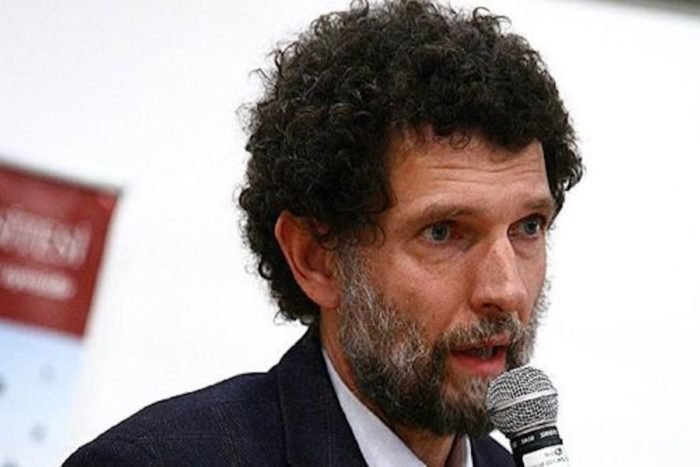A report by Oxford University’s Reuters Institute has revealed that pro-government media outlets in Turkey, which are frequently criticized for acting as the propaganda machine of the Turkish government, suffer from low trust among Turks, Turkish Minute reported.
The “Digital News Report 2024,” released on Monday, has been commissioned by the Reuters Institute for the Study of Journalism to understand how news is being consumed in a range of countries. Research was conducted by YouGov using an online questionnaire in January and February 2024.
When asked how trustworthy they think news is from a list of 15 major TV outlets and newspapers in Turkey, 48 percent of respondents said they don’t trust pro-government A Haber; 45 percent said they don’t trust ATV; and 40 percent said they don’t trust the Sabah daily. These three media outlets, which are all part of the pro-government Turkuvaz Media Group, received the lowest trust score in the survey among the outlets included.
The Turkuvaz Media Group is controlled by Serhat Albayrak, a brother of Turkey’s former treasury and finance minister Berat Albayrak, the son-in-law of President Recep Tayyip Erdoğan.
These media outlets are known for parroting the government narrative on many social and economic issues and targeting government’s critics inside and outside Turkey. They are said to play a significant role in managing public perceptions to keep the Justice and Development Party (AKP) in power amid the demise of the independent media in the country due to a harsh government crackdown.
In the same list the state-run TRT News had also a low level of trust among Turks, with 37 percent saying they don’t trust the news coming from the station.
TRT, which is funded by taxpayers’ money, is also accused of being the mouthpiece of the AKP government. Opposition parties or journalists and opinion leaders with critical views about the government find little or no coverage at the station.
The relatively independent NOW TV News (formerly Fox), owned by the by The Walt Disney Company, came out as the most trusted media organization in Turkey in the list of media companies surveyed by the Reuters Institute.
The station is frequently slapped with fines or other sanctions by the country’s media watchdog, the Radio and Television Council (RTÜK), due to its critical coverage. Trust for NOW TV News stood at 60 percent, while the pro-opposition Cumhuriyet and Sözcü dailies as well as Halk TV enjoyed trust of more than 50 percent, the highest level after NOW TV News.
The distrust for these media outlets was lowest among the others on the list, standing at between 25 and 29 percent.
Trust in news in general has remained stable at 35 percent, while most brands that still carry voices critical of the government have seen a slight increase in their trust scores this year. TRT, which has been criticized for its election coverage in favor of Erdoğan and his ruling party, dropped 3 percentage points.
The Turkish media, which was already coping with problems related to its independence, has been suffering from declining distrust since a failed coup in 2016 when Erdoğan closed down critical media outlets and arrested dozens of journalists under the pretext of an anti-coup fight.
TV remains primary medium of news
The report also revealed that television remains the most influential news medium in Turkey for 56 percent of respondents, along with the online news services of leading national publishers. Online news services including social media (for 45 percent of respondents) are the medium of news for 70 percent.
In 2015 television was more popular as a news medium, with 75 percent of people using it as their primary source of news.
However, print newspapers, by contrast, are in sharp decline, with weekly reach less than half what it was in 2015, standing at 19 percent.
In 2015 print newspapers were a source of news for 50 percent of respondents.
With regard to the sharing of news, popular social media platforms YouTube, Instagram and WhatsApp head the list of the six top social, messaging and video networks through which people (44 percent of respondents) share news.
They are followed by Facebook, X and TikTok.
Previous data indicated that the majority feel they have to be careful when talking about politics with others online since prosecutors are quick to launch investigations into people due to comments on social media that include criticism of Erdoğan or his government.
Turkey was ranked 158th out of 180 countries in the 2024 World Press Freedom Index by Reporters Without Borders (RSF).















